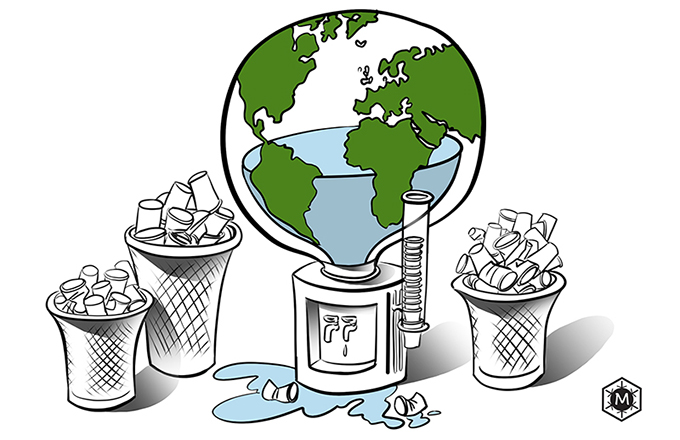Meeting of good neighbors
Today, big power relations are becoming more complex, but the biggest value of Sino-Russian relations is still at the bilateral level, as the two countries are each other's strategic rear. Over the past 20 years, the most important achievement of Sino-Russian relations has been the solving of their border issue on the basis of equality and mutual trust and the building of mutual military trust in the border areas.
Strategic cooperation between China and Russia is not targeting a third party; it aims to advance their own development and address global challenges. The two countries should now focus on uniting the international community to jointly cope with the security risks that might result from the security situation in Afghanistan in 2014. In particular, they should further stimulate the vitality of the Shanghai Cooperation Organization, making it a strategic platform to maintain Eurasian security and stability, promote Eurasian economic development and dialogue among civilizations in Eurasia.
They should also seek to create a trans-Pacific security architecture with Asia-Pacific countries, including the United States and Japan, on the basis of the new security concept.
Both China and Russia are at a critical stage in their national renaissance, and the smooth development of bilateral relations is an important external guarantee for both countries to achieve their national development strategies. The Sino-Soviet confrontation in the 1960s and 1970s cost the two sides too many resources as they gave too much attention to war preparations, resulting in lost historic opportunities to achieve modernization. They must not repeat the same mistake today.
The strategic focus of the major powers in the post-crisis era is on emerging industries. China is actively promoting the transformation of its mode of economic development, and Russia has put the modernization of energy, re-industrialization, innovation, development of its eastern regions and agricultural modernization as the major driving forces for the Russian economy. But only by making their respective advantages complementary to each other and realizing common development can China and Russia be at the forefront of a new round of international economic competition.
For example, the US' shale gas revolution has triggered profound adjustments in the international natural gas market. China's huge market can enable Russia to readjust its gas export strategy. The two countries are also cooperating in high-tech industries such as atomic energy, aerospace, large aircraft manufacturing and new materials.
China and Russia should also deepen cooperation among emerging economies under the BRICS mechanism, and promote changes in the global economic governance system that reflect the profound changes that are taking place in the global economic structure.
The author is director of the Institute of Russian Studies at the China Institutes of Contemporary International Relations.
(China Daily 03/22/2013 page8)





















